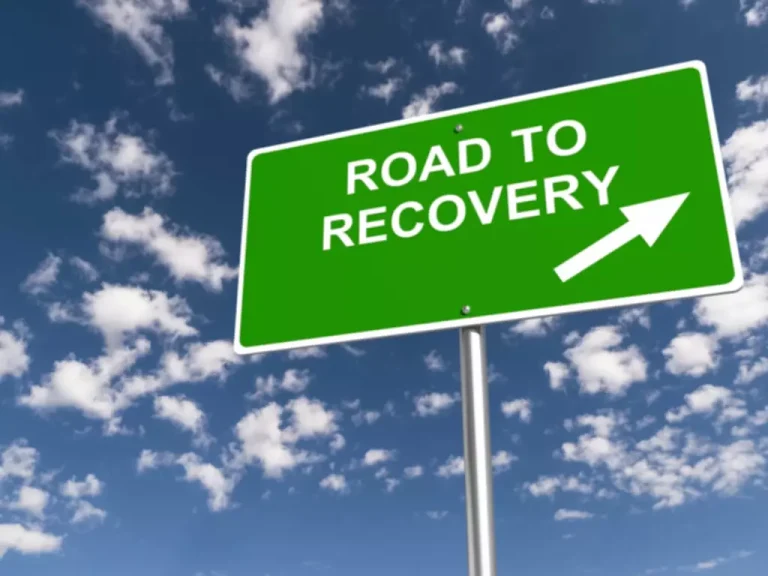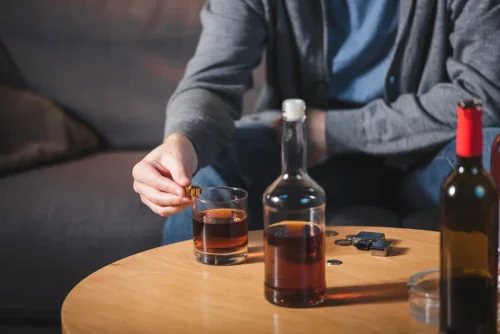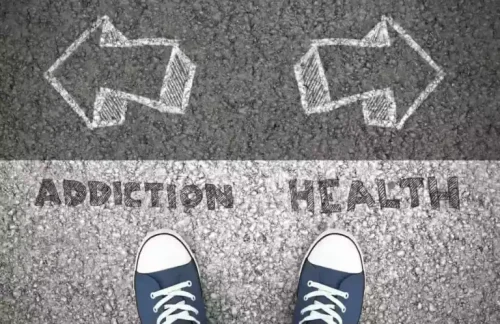Sober living
Alcohol intoxication: Signs, symptoms, and treatment

If you experience sleep drunkenness occasionally, you don’t have to worry about anything. However, if you get sleep drunkenness once every week, it’s best to visit a doctor. If you wake up and feel disoriented, tired, and confused, you might be experiencing sleep drunkenness.
Alcohol Tolerance
Remember, eliminating alcohol is only part of the equation. It’s equally important to explore the habits and reasons behind your drinking, ideally with a qualified therapist. Having helpful coping techniques in place can make it easier to manage distressing emotions and thoughts about drinking. Maybe you start by simply going to the gym at a certain time most days of the week.
- If you didn’t drink but were in the vicinity of alcohol spray, you might get drunk.
- The physician may ask you to do a stool test to see if you have excess yeast in the stomach.
- The time a person should wait after drinking before they drive depends on the amount of alcohol they have consumed.
- ABV is the percentage of pure alcohol within a drink’s total liquid volume.
- Or you may deny having alcohol, but your blood sugar levels may begin to differ.
- But as you continue to drink, you become drowsy and have less control over your actions.
Stages of Being Drunk
You will start feeling drunk if you keep drinking faster than your liver can break it down. Inner ear infections may at times feeling of being drunk be the reason for feeling drunk without actually drinking. It is somewhat similar to feeling drunk, but not entirely.
Alcohol-Induced Anxiety
An individual going into hypoglycemia may appear to be drunk. They may appear confused when talking, lose their balance, and seem disoriented. A healthy diet can reduce the lifespan of every human. So, consider adding more proteins and other nutrients. Additionally, treating the main reason causing it (like Crohn’s disease) will also remove the symptoms. These days, Delevingne is on a professional high, having just wrapped a well-received run in the London production of the musical “Cabaret,” in which she starred as Sally Bowles.
Sobriety or low-level intoxication
- Dehydration may have severe consequences on our bodies.
- GABA and glutamate are two major neurotransmitters in the brain.
- It all comes down to your blood alcohol concentration (BAC).
- I thought my dizziness/vertigo disappeared and maybe my brain-fog-like condition too.
- Read on to see what we uncovered about the emotional effects mixing with alcohol for men and women across the country.
Additionally, access to alcohol may sometimes prevent people from drinking. Fortunately, there are many ways to achieve a buzz without drinking. Trying new things can be just as effective when trying to capture that feeling. “Medical attention should be sought during prolonged periods of vomiting because that can result in dangerous electrolyte abnormalities and severe dehydration. Severe alcohol intoxication — or alcohol poisoning — is a dangerous condition that requires immediate medical attention.
What are the treatment options?
Immediate medical attention is imperative in the lead-up to this last stage of drunkenness, in order to prevent death from alcohol poisoning and/or other fatal symptoms. Indeed, at a BAC of .45 or above, you are probably going to die from alcohol poisoning. These facts about the stages of drunkenness are therefore a sobering antidote to the notion that “getting drunk” is a harmless form of social entertainment. Alcohol intoxication impacts the brain in many ways.

- This can be dangerous — even fatal — if you choke on your vomit or become critically injured.
- If you’re already coping with depression or other mental health concerns, these symptoms might further complicate matters and make you feel even worse.
- Like ear infections, you may feel physically drunk rather than cognitively.
- This stage usually occurs in men after three to five drinks per hour and in women after two to four drinks per hour.
- As if feeling awful weren’t bad enough, frequent hangovers also are linked with poor performance and conflict at home, school and work.
- Either way, feeling the buzz without drinking might not sound like it’s serious.
- Many of us undergo a celebratory initiation when we reach drinking age (though this often occurs much earlier!).
Not treating hypoglycemia may cause other symptoms similar to feeling drunk but worse. At times, liver problems may be at the root of the problem. The liver can’t filter out alcohol from your system fast enough. These people have a higher risk of having auto-brewery syndrome.

It affects the brain’s ability to communicate effectively with the body, leading to unsteady movements, loss of balance, and a lack of fine motor control. For example, if a person has one 3-unit (30ml) alcoholic beverage, they should wait at least 3 hours before driving. If they have a second drink, their wait time doubles to 6 hours. The quantity of alcohol a person drinks determines the duration of their intoxication.
The Eternal Debate: Weed vs Alcohol


